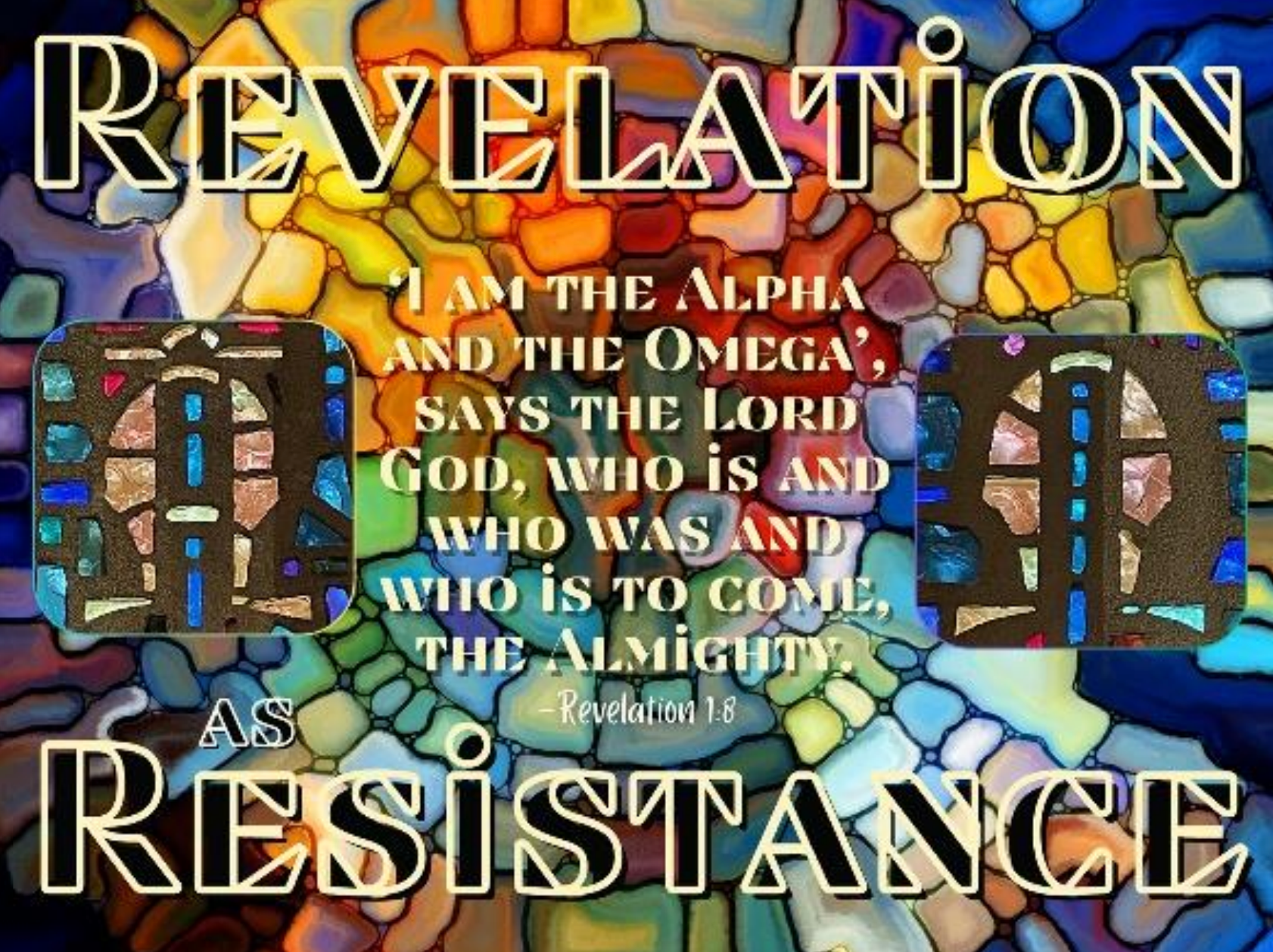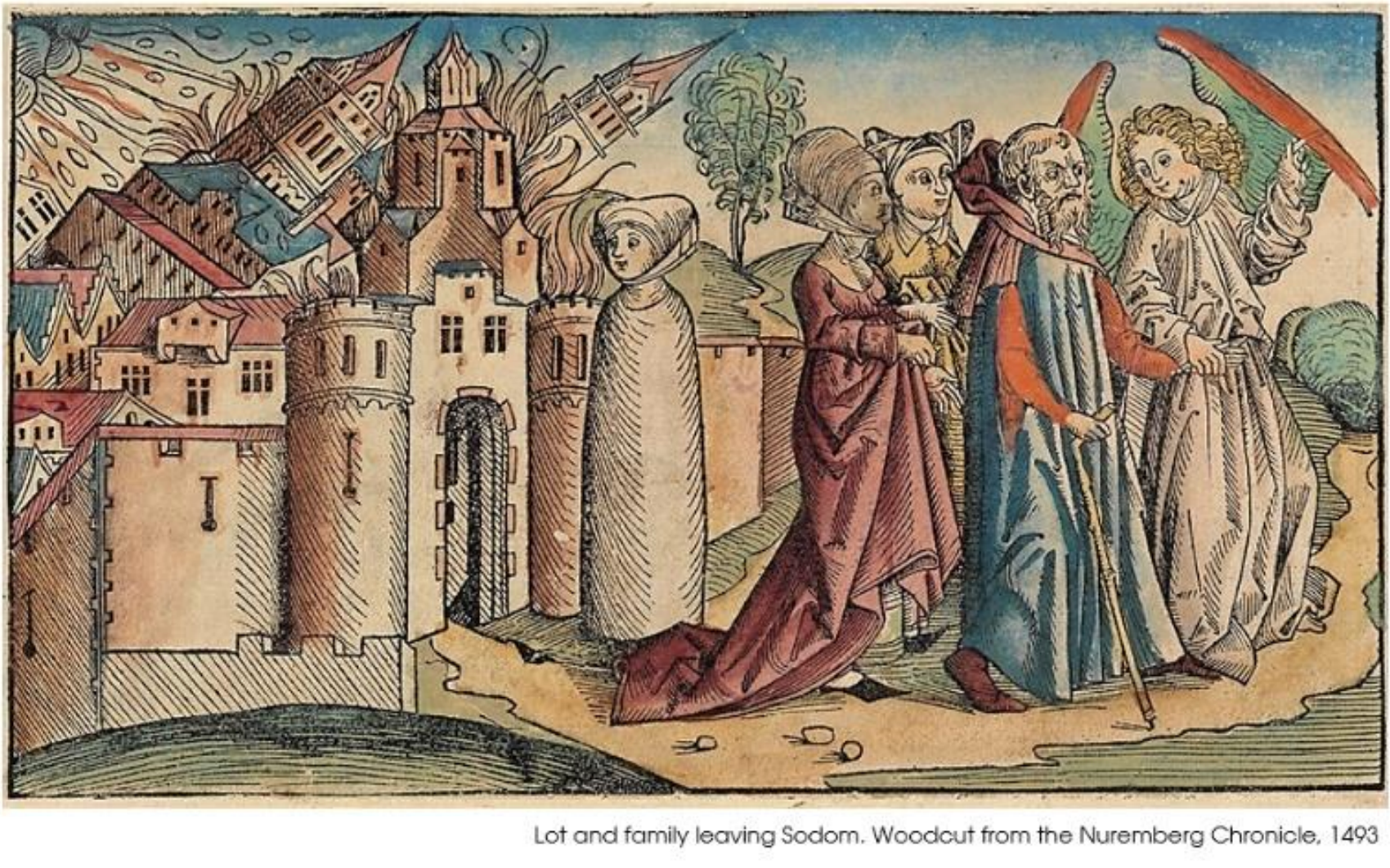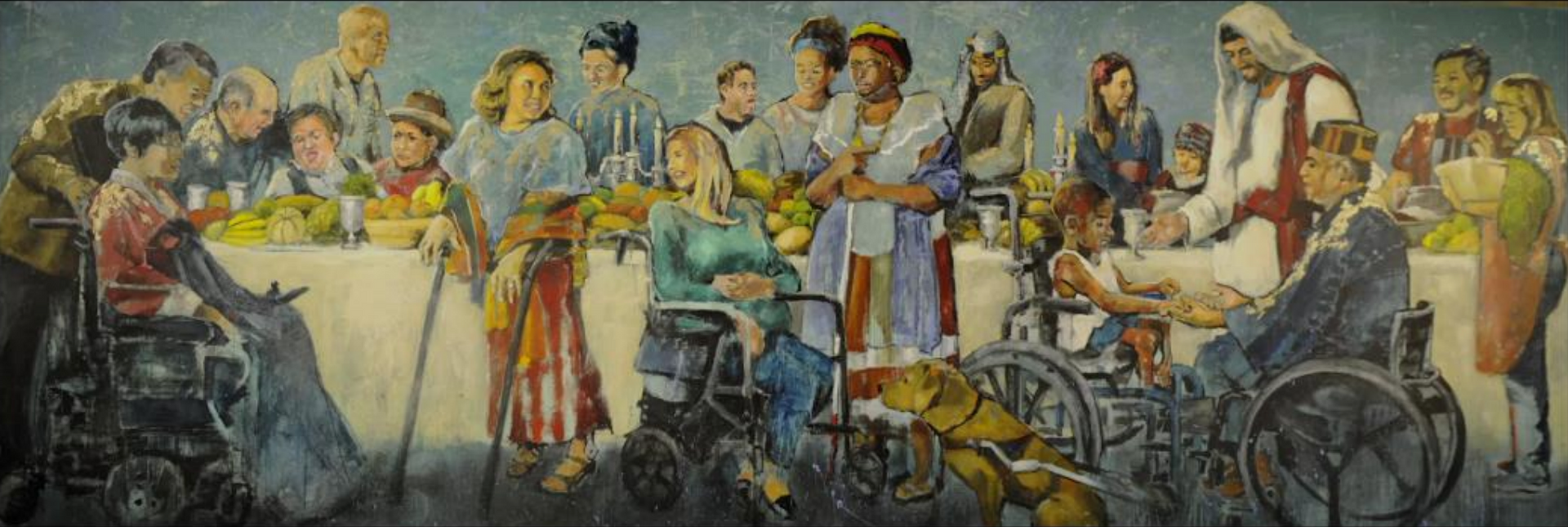Who Is Responsible for Children’s Faith Formation?
“I need a weekend to recover from my weekend!”
During the week, parents are busy fulfilling their own responsibilities, as well as shuttling their children and teens to enrichment activities and essential appointments. Many of these enrichments and social activities spill into the weekend. Sundays have been a prime day for birthday parties, sports games, rehearsals, and swim meets. A parent who plans to go to church with the family often times says no to opportunities for social time with school friends as well as a sports team or arts group. If families choose to attend worship on some Sundays, they open the door for their child to form friendships at church, which leads to stronger faith formation.
The Barna Group has been analyzing data research on responses from different generations of Christians over the years and has found this about parents and Gen Z children in the March 19, 2019 article
Who Is Responsible for Children’s Faith Formation?. “The post-truth world they [Gen Z children] inhabit no longer shared the same moral principles or societal values, leading to a more relativistic worldview among teens and a growing religious apathy. Christianity today has less influence on Gen Z than on any previous generation. From Barna’s January 30, 2020 research article, we learn that
58% of Highly Engaged Parents Choose a Church with Their Kids in Mind. “Parents – especially engaged Christian parents – are eager for their children to develop a lasting faith, yet many lack clarity on how to disciple their children in a decidedly post-Christian context.” What defines an engaged Christian parent?
The Barna 2020 article addresses engagement through this question, “What is the link between fun and faith in our homes?” An authentic and memorable spiritual connection developed at home can strengthen the child and family’s relationship with church community as well as encourage them to “be the church” outside of the building. This points to the Barna research data indicating that “church leaders from all stripes universally agree it [spiritual formation] should start with parents (99% of Protestant pastors ranked parents #1). Children who are most active in church tend to engage with the Bible outside of church, to attend church activities other than Sunday worship (such as Bible studies, camps or children’s/youth events) and to play together with their family as well. They are also about twice as likely to engage in outreach activities and volunteerism, demonstrating that the level of dedication in this group to the overall mission of the church is not only internally focused, but expressed itself in outward action.”
Another part of the 2020 Barna study recognized that churches could provide more equipping trainings for parents. At Calvary, there are opportunities for faith educators and adult guides to connect briefly with parents about faith-formation. It can be difficult to carve out an in-person equipping training time where curriculum or resources can be shared with busy parents. I usually email curriculum or PowerPoint slides to parents, so that they can share the material at home with their children. When parents and children attend church in person, they can take home a sheet that includes that week’s lectionary, activity, and conversation questions. This Lenten season I am handing out a Lenten daily meditation book created by Traci Smith and Faithful Families geared for parents and young children (PreK to 2nd grade). If parents participate in a small group, they have additional materials found in A Sanctified Art’s Lenten study guide, Full to the Brim . Some of the art featured in the booklet could be shared with children and teens during a meal or downtime at home.
“Spiritual development is closely tied to moral development phases,” Evergreen Parenting Course developer Hettie Brittz says in an interview for the Guiding Children report. “How growing children process the ideas of right and wrong, safe and unsafe, good and bad. These are very abstract concepts for a while and only become concrete later in childhood. When we as parents demonstrate both God’s justice and his forgiveness in consistent ways it is the best spiritual gift we can give our children.”
Julia Scheeres expresses how she shares her moral code with her children in her January 25, 2019 New York Times article Raising Children Without the Concept of Sin. “I am raising my two daughters according to my moral code. To me, the greatest sin of all is failing to be an engaged citizen of the world, so the lessons are about being open to others rather than closed off.
We started taking our kids to marches when the younger one, Davia, was an infant perched on our shoulders and 3-year-old Tessa danced between the lines of protesters as if it were a block party. We’ve marched for racial justice and for women’s rights. Our church is the street, our congregation our fellow crusaders. We teach our children to respect the earth by reducing, reusing and recycling.
It’s sinking in. My daughters make me proud by taking their own actions to confront injustice where they see it — by insisting we keep a box of protein bars in the car to hand out to homeless people at stoplights, by participating in school walkouts against gun violence, by intervening when they see kids bullied on the playground, by always questioning the world around them.”











